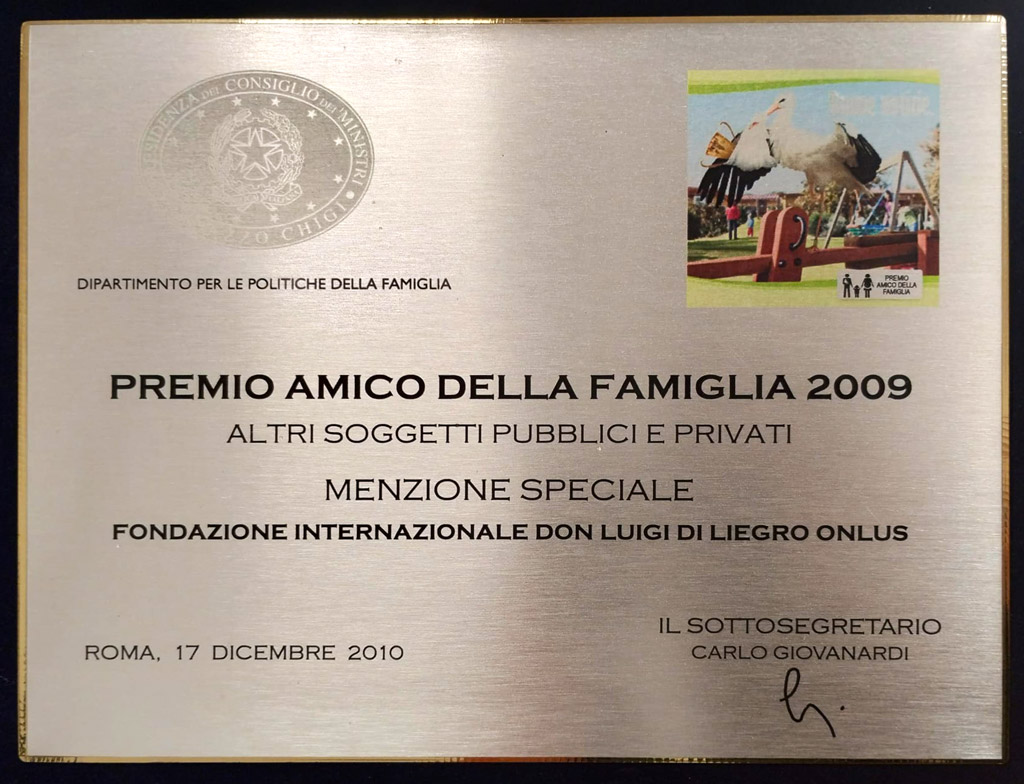The Art4Me project connects mental health and art and aims to create a unique opportunity to provide a new platform for sharing knowledge across borders and stakeholders, and a path for better citizen empowerment with or at risk of having mental health problems. A long series of new tools is therefore needed to address mental health. While art and creative expression have been a central element of European culture for millennia, the use of art as a tool for mental health has been poorly mapped and experiences often not shared.
The project aims to:
In order to prevent isolation and social marginalization, the project proposes the activation of a listening and assistance service in the area, which provides information on mental health services, orients users and supports them in defining a personalized project with territorial services.
To raise awareness among citizens about mental health, the project organizes training courses, information and annual conferences on topics such as Recovery and addictions. The training objectives include the creation of a group of volunteers to facilitate the social inclusion and therapeutic path of people with mental distress through socialization workshops, such as theatre, music, photography and art therapy.
In order to combat the loneliness of family members of people with mental health problems, the project promotes self-help groups with weekly meetings and monthly supervision by professionals, such as psychiatrists and psychologists, to provide supportive support and share experiences.
The project is conceived following a Recovery approach, which aims to give users an active role again, transforming them from passive recipients to protagonists involved in their own choices and committed to fully developing their potential.

The area of intervention of the project was mainly the ASL Roma 2 area, but it was aimed at citizens of the entire territory of Rome Capital. The project allowed a broad involvement of users, family members, citizens and institutions. The activities implemented largely represent examples of replicable good practices and an example of civic participation, empowerment and social inclusion of isolated or people in difficulty. The activities are free for participants, open to all citizens, supported by a monitoring system and the use of systems to protect individual privacy.
Good practices in the field of mental health certainly emerged from the project activities, such as the effectiveness restored to people with discomfort through the creation of inclusive socialization spaces. In fact, often in mental health services laboratory activities are exclusive to those with a psychiatric diagnosis and people risk being ghettoized and self-excluding themselves. Supporting not only professionalizing activities with art masters but also socialization with volunteers and non-clinical operators allows for better use of the tool e.g. artistic in favor of rehabilitation and the acquisition of safety by the person. Another good practice is to encourage the meeting of family members of users who come from different contexts: through discussion and networking between people who face the same caregiving difficulties it is certainly an element of help for the whole family and the valorisation of resources .
IncluPsy is a project funded with support from the European Commission which aims to promote the social inclusion of people living with mental disorders. There are 6 partners (coming from five different European countries) called to discuss and exchange their experiences in order to strengthen their capabilities and define good practices on the topic.
With Inclupsy we also want to increase the awareness and the involvement on the topic of a larger number of actors on the topic of social inclusion. In fact, according to the World Health Organization, one in four Europeans suffers from mental illnesses.
The report "Health at a Glance: Europe", created by the European Commission and the Organization for Economic Co-operation and Development, highlights how mental distress is one of the most urgent issues to be addressed and warns of economic and social consequences of the problem.
People with severe and persistent mental disorders generally suffer from a great sense of isolation, the loss of the ability to undertake initiatives and live in independent housing, hold a job and carry out normal daily activities.
These effects, combined with the stigmatization and, in certain cases, prolonged and repeated psychiatric hospitalizations themselves become a factor of social disintegration, leading people to lose their homes, wander the streets and be excluded.
In light of the links (as cause or consequence) between mental disorders and social exclusion, it is not surprising that inclusion is one of Europe's priorities. But What practices are implemented by Europe to promote the social inclusion of people living with mental disorders? This question is the underlying theme of the IncluPsy project.
Go to site by IncluPsy.
Young Europeans they are faced with increasingly difficult conditions on a daily basis: from complicated access to the world of work to parents' expectations, up to the paradox of the internet and social media, which connect and separate at the same time.
A greater number of young people exhibits symptoms of mental distress, such as high stress, anxiety, depression, addictions. making it harder to build your life plan and find your place in the world.
For this reason, the European Union promoted a new Strategy on the topic in 2018. One of the objectives identified concerns "Mental health and well-being", aimed at promoting the social inclusion of all young people, improving their mental well-being and eliminating stigmatization towards them.
This project fits into this framework by investing in training and recognition of the skills of employees Youth Workers who have the task of guide and support young people in their development personal, social and educational helping them to achieve and express their full potential in society. Youth workers, by learning a series of skills ranging from emotional intelligence to self-awareness, to time management and coping with external pressure, play a key role, with teachers and other professionals, in providing training for young people on mental health problems and on building emotions and dealing with mental health.